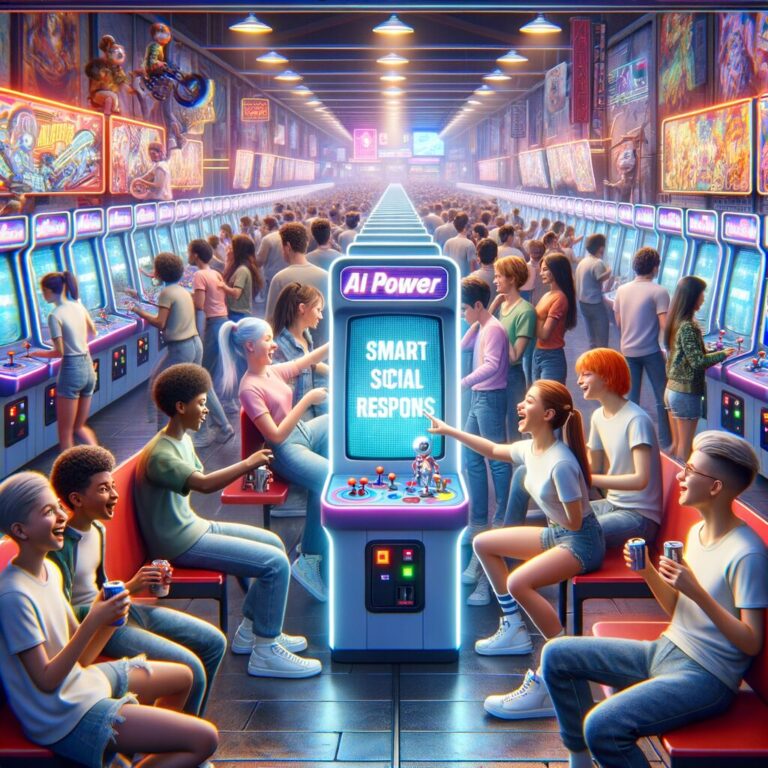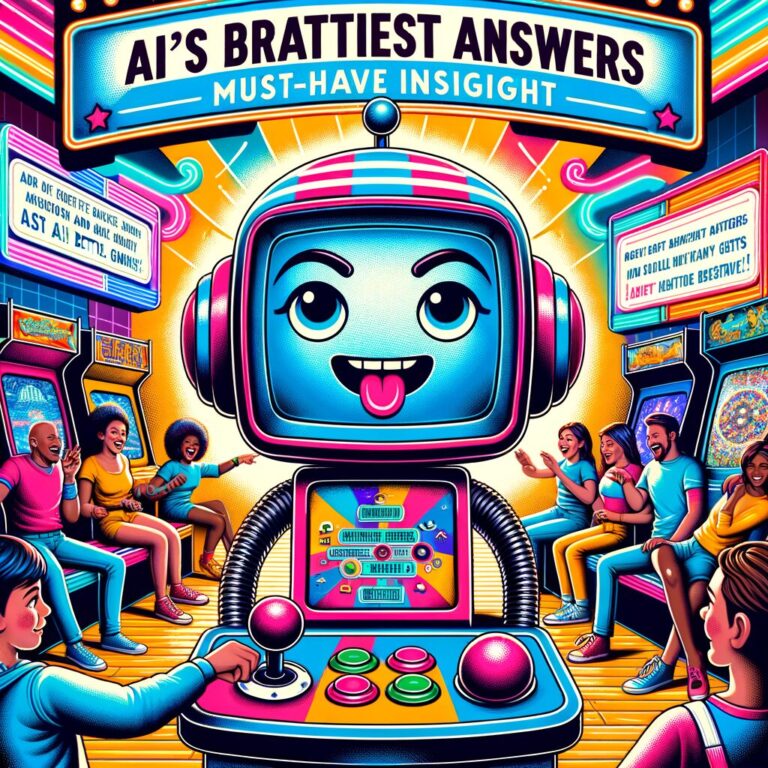Artificial intelligence, commonly known as AI, has revolutionized multiple industries, from healthcare to finance, and now, it is transforming the field of education. In the realm of learning, AI is being utilized to make study time more engaging and effective for students. By leveraging AI-powered tools and platforms, educators can create personalized learning experiences that cater to each student’s unique learning style and pace. This article explores how AI is shaping the future of education by making study time effortlessly engaging.
Advancements in AI Education Tools
With the advances in AI technology, educational tools are becoming more sophisticated and accessible than ever before. AI-powered platforms can analyze vast amounts of data to provide personalized recommendations to students, such as tailored study plans and resources. These tools can adapt to individual learning styles, preferences, and progress, making the learning experience more engaging and effective.
Personalized Learning Paths
One of the key benefits of AI in education is the ability to create personalized learning paths for students. AI algorithms can track students’ performance, identify their strengths and weaknesses, and recommend targeted learning activities to help them improve. This personalized approach not only helps students better understand and retain information but also keeps them engaged and motivated throughout their learning journey.
Interactive Learning Experiences
AI-powered learning platforms also offer interactive and immersive experiences that make studying more engaging and enjoyable for students. Through features like virtual simulations, gamified quizzes, and interactive lessons, students can actively participate in their learning process, leading to better knowledge retention and understanding. These interactive elements help break the monotony of traditional studying and make learning more dynamic and exciting.
Adaptive Assessments
AI technology enables the creation of adaptive assessments that adjust the difficulty of questions based on students’ responses. This ensures that students are challenged at an appropriate level, preventing them from getting bored with easy tasks or feeling overwhelmed by difficult ones. Adaptive assessments not only provide more accurate insights into students’ knowledge and skills but also make the assessment process more engaging and stimulating.
Collaborative Learning Environments
AI facilitates collaborative learning environments by connecting students with their peers and educators in virtual spaces. Through features like online discussion forums, group projects, and real-time collaboration tools, students can engage in meaningful interactions and collective problem-solving activities. This fosters a sense of community, encourages knowledge sharing, and promotes active engagement in the learning process.
Real-Time Feedback and Support
AI tools can provide students with real-time feedback on their performance, highlighting areas for improvement and offering suggestions for further learning. This instant feedback loop helps students track their progress, identify areas of weakness, and take corrective actions promptly. Additionally, AI-powered chatbots can offer personalized support and assistance to students, answering their questions and guiding them through challenging concepts in a timely manner.
Conclusion
In conclusion, AI is revolutionizing the way students engage with their study material by providing personalized learning experiences, interactive learning environments, adaptive assessments, collaborative opportunities, and real-time feedback and support. By incorporating AI technology into education, students can benefit from more engaging, effective, and tailored learning experiences that cater to their individual needs and preferences. As AI continues to evolve, the future of education looks promising, with study time made effortlessly engaging for learners of all ages and backgrounds.






